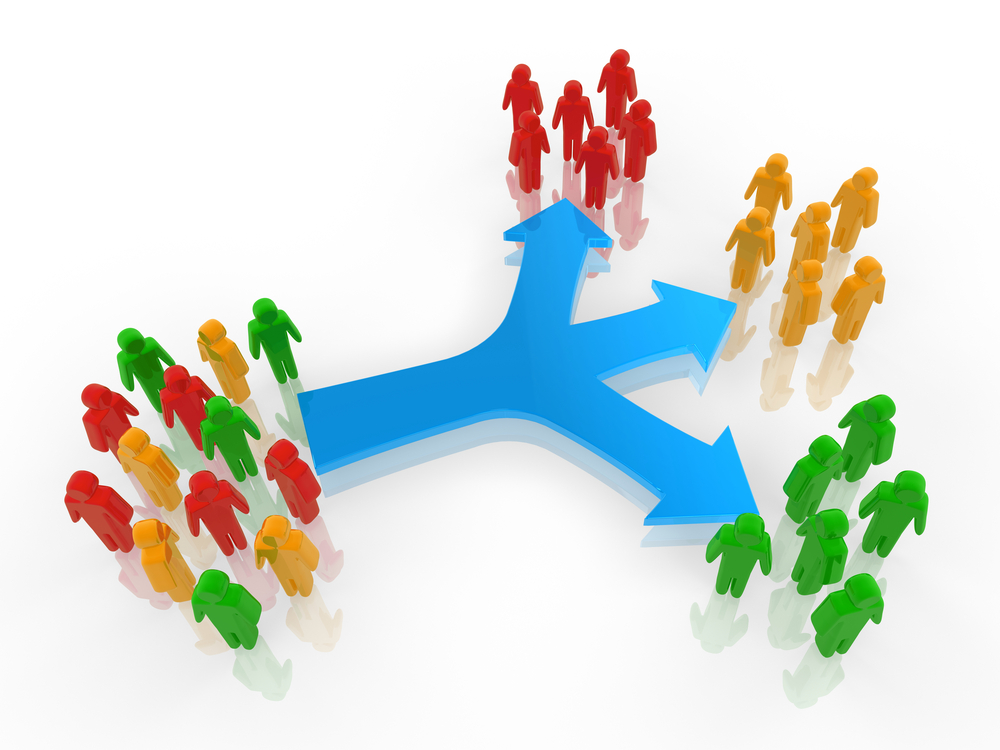Marketers admit they’re still uncertain about how to measure ROI for their SEO and content creation efforts. According to the 2014 State of Digital Marketing report from Web Marketing 123, 83 percent said they struggle to measure precise results from their SEO, and even more (88 percent) are uncertain about how to quantify social media marketing results. Google is coming to the rescue with content categories to help brands gather better insights about their campaigns.
The new content grouping feature allows marketers to segment their pages into categories that can help marketers analyze their data in a more meaningful way by organizing similar pages into segments. As an example, the Google Analytics Blog post announcing the update gave a couple examples to demonstrate how:
- An ecommerce site might want to know whether its T-shirt category outperforms its jeans pages (in terms of website traffic or conversions), but marketers don’t want to (or know how to) look at individual URLs to find this information.
- Or, a news content sharing platform may need to see which topics bring in the most readers and keep people on pages. With pages sorted into broader categories, marketers can see that news pieces about green technology outperform political pieces when they compare single articles.
When grouped together, strategists can identify the bigger picture of successful content and conclude it’s not a matter of individual articles doing better than others, but a trend that indicates user preference.
There are three ways marketers can add content groups to their sites:
1. Tracking codes, such as: ga(‘set’, ‘contentGroup5’, ‘green-tech-news’)
2. Rules, such as: Page contains green technology news
3. Extraction, such as: /green-tech-news.(.*?)/
This is meant to take a lot of the guesswork out of content analytics for publishers, because it saves them the trouble of creating Advanced Segments. Essentially, Google’s new feature is a user-friendly approach to content drill-downs that will help marketers make smarter decisions in 2014 and beyond.





